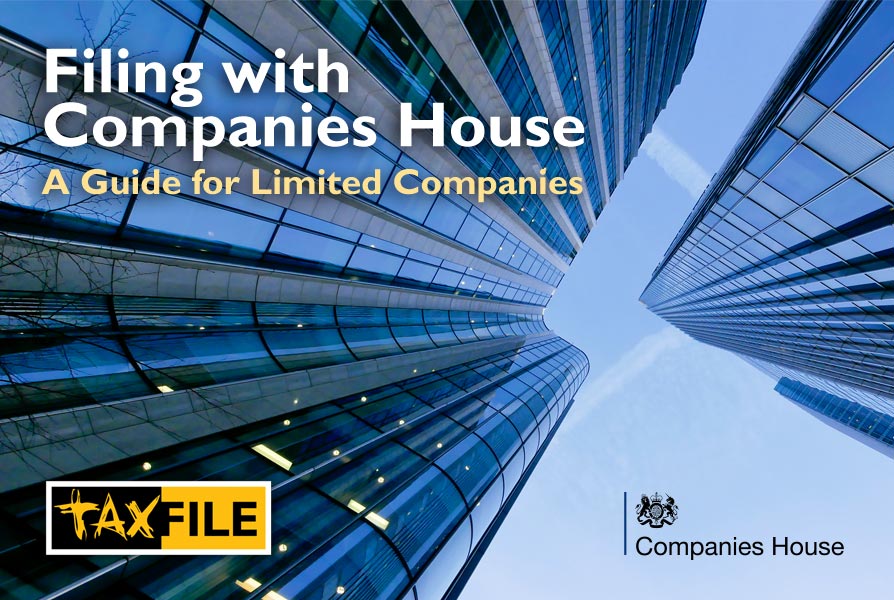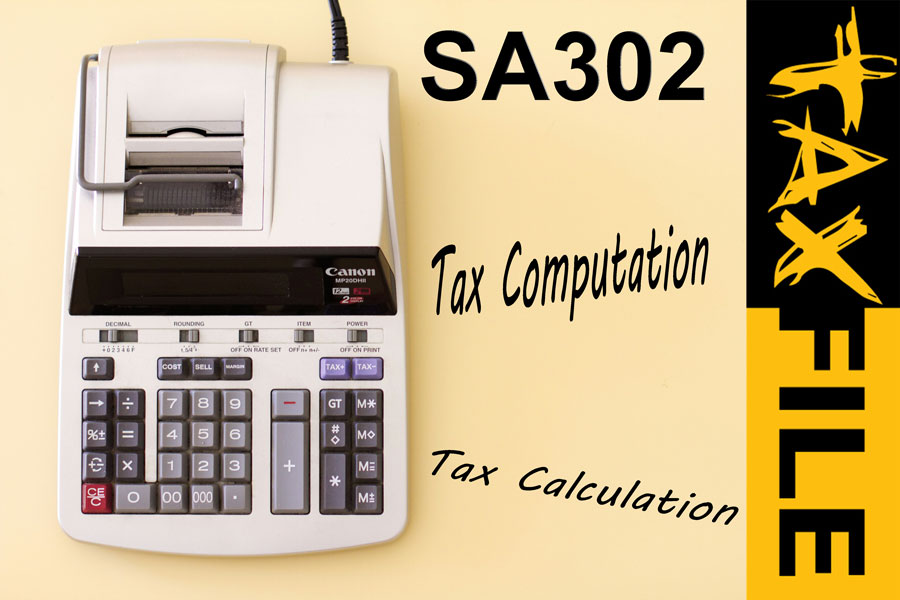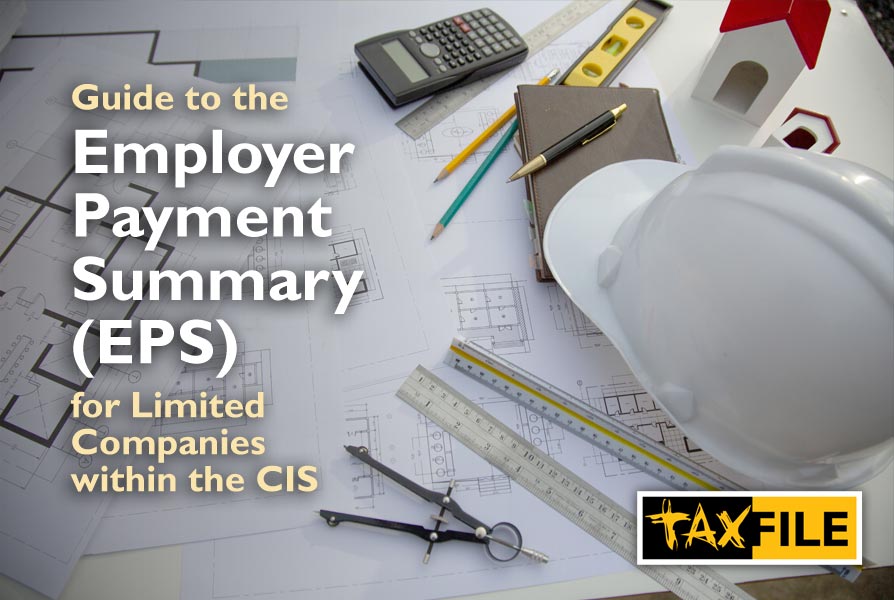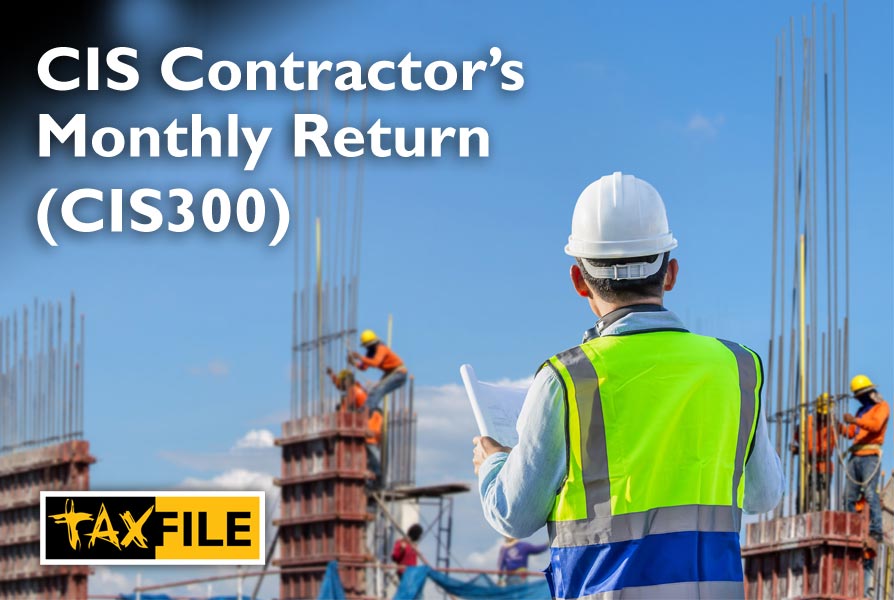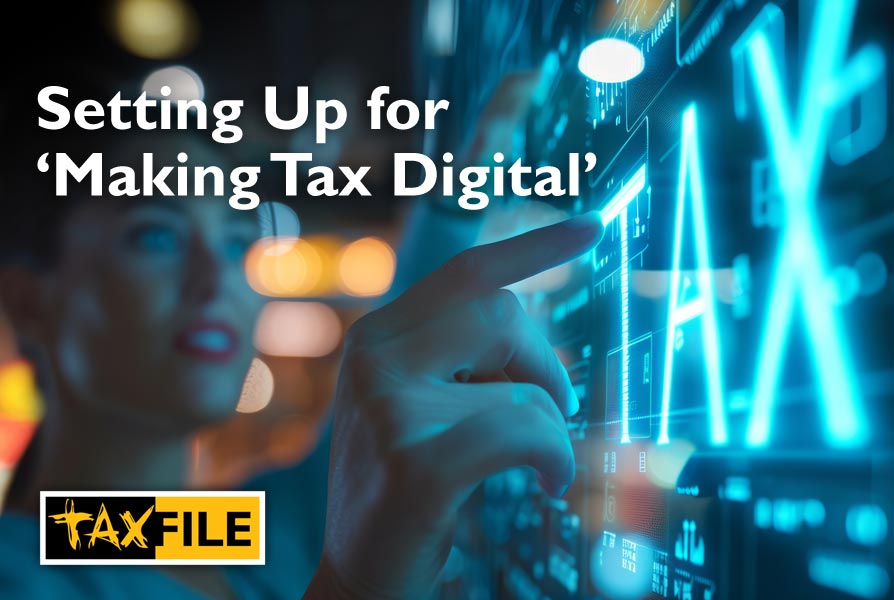VAT Schemes in the UK: A Guide for Businesses

For businesses operating in the UK, understanding Value Added Tax (VAT) schemes is crucial. Not only does VAT impact your cash flow, but navigating the different options can feel overwhelming. This blog post simplifies VAT schemes in the UK, helping you choose the most suitable one for your business.




